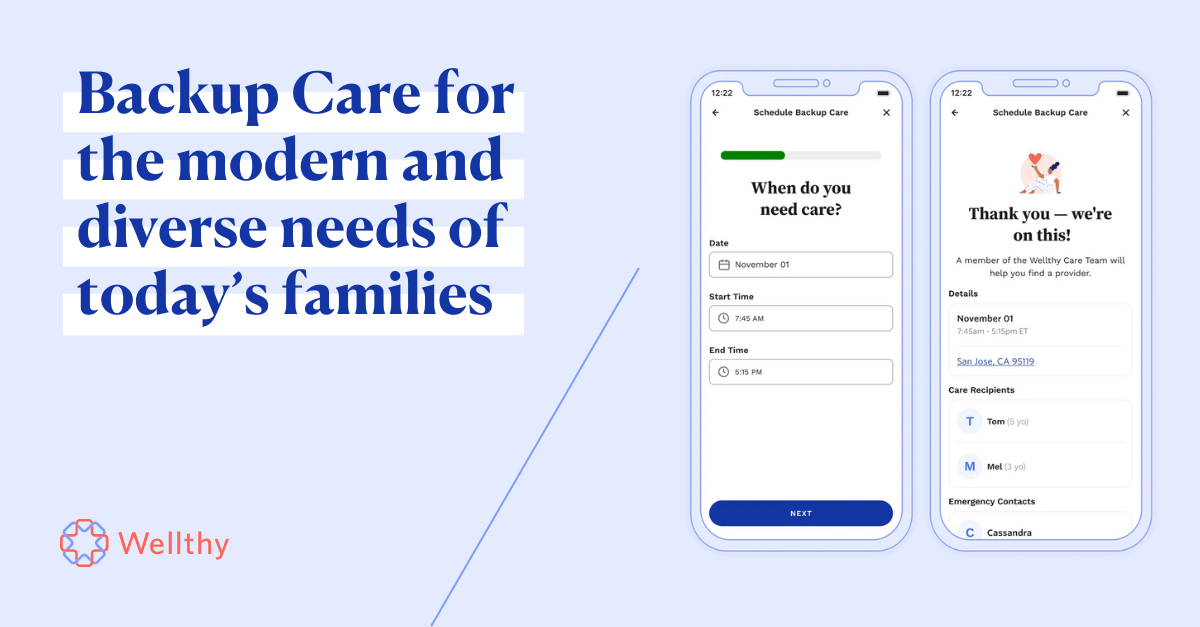Wellthy CEO, Lindsay Jurist-Rosner, recently shared her caregiving story with Employee Benefits News (EBN) to highlight the importance of de-stigmatizing caregiving in the workplace and her vision of a future where caregiving is accepted, normalized, and celebrated.
“As my mother's caregiver, I lived a secret double life. My mom battled progressive Multiple Sclerosis (MS), a debilitating chronic condition affecting the central nervous system, and I was her daughter, best friend, and caregiver for 28-years until she passed away in 2017. During a period in my 20's, I lived at home and was my mom's day-to-day caregiver while also working full time.
At this stage, I was just starting my career and still discovering my identity as a young adult. More than anything, I desperately wanted to share what I was going through at home with my mom — it was intensely challenging — but even more so I wanted to fit in! My friends and I would talk about weekend plans, who we were dating, and issues and hassles with bosses or colleagues at work. I never spoke of my life as my mom's caregiver. It wasn't cool and it wasn't common. And nobody knew how to respond. 'I'm so sorry' was the extent of a well-meaning conversation. I spent decades as my mother's caregiver and while many moments were intensely gratifying and special, there were many moments that were devastatingly lonely, isolating, and traumatizing."
The feeling that no one can relate create a sense of social isolation from peers. And the time-consuming nature of caregiving creates a physical isolation as well, especially for those without additional support. ‘Free time’ is spent in doctors offices, assisting with tasks of daily living, or wading through paperwork and health insurance information.
"In my case, I told very few people from school or work about this huge part of my life and how challenging I found the day to day. My employer and colleagues did not know I was working the equivalent of two full-time jobs. The time I spent driving her to appointments, coordinating medications, helping with meal prep — all of that had to be squeezed in around my work schedule, leaving minimal time for my own personal life.”
Lindsay wasn’t alone in keeping her situation to herself — research has found that 56% of caregivers say their work supervisors are not aware of their caregiving responsibilities.
Read the full story from EBN here.







